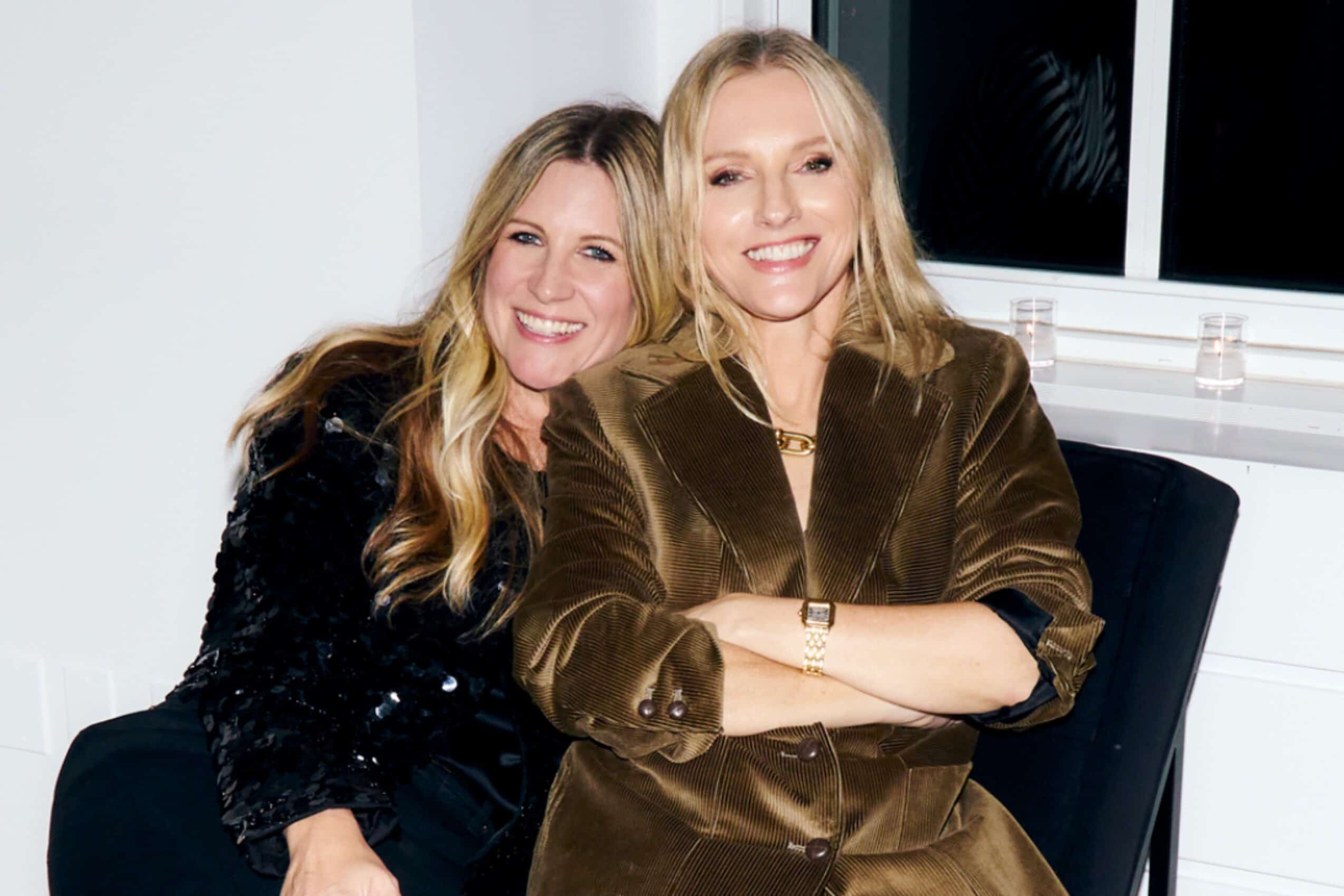Does Marriage Guarantee Happiness?
A happy life after marriage isn't just a fairytale - the data backs it up too.

According to a Gallup poll, married people report being happier than those in any other relationship status.
Gallup's Chief Economist Jonathan Rothwell says, "No matter how you analyze the data, we see a big and significant benefit of being married in how people evaluate their lives."
From 2009 to 2023, over 2.5 million adults were asked about their current and future happiness. The survey found that married people consistently reported higher happiness levels than unmarried people, ranging from 12% to 24% higher depending on the year.
Education is also a strong predictor of happiness, but the data showed that married adults who hadn't gone to high school rated their lives more favorably than unmarried adults with bachelor's degrees.
University of Virginia sociologist Bradford Wilcox says, "Things like race, age, gender, and education matter. But marriage seems to matter more than those things when it comes to living your best life."
Happiness in marriage could also be linked to people's expectations. There's been a shift in the past decade from "romantic marriages" to "companionate marriages," where people choose partners who are more like best friends than passionate lovers.
Monica O'Neil, a psychologist from Boston, says, "At its best, marriage is about the experience of feeling bonded to another person. It's about being in a relationship with someone who will always be there for you."
But is marriage a guarantee of happiness? Rothwell says the data can't definitively say whether marriage causes happiness.
Certain qualities that make people generally happier might also make them seek marriage. For men, there's also a premium associated with being married - higher income.
The quality of the marriage also matters. This depends on individual circumstances, social changes, and cultural views on marriage.
For example, in communities where marriage is often a practical necessity, the data shows less of an impact on happiness compared to communities where individuals feel more empowered to choose their situation and partner, says Rothwell.
And O'Neil doesn't believe that staying in an unhappy marriage makes you feel better overall in life.
"I still believe that people in unhappy marriages are probably less happy than single people," she says.
For a happy relationship, regardless of marriage, O'Neil emphasizes the importance of good communication about your commitment to each other.
Conclusion: Marriage can be a significant factor in happiness, but it's not a guarantee. Happiness also depends on individual qualities, socioeconomic background, and the quality of the relationship.






















